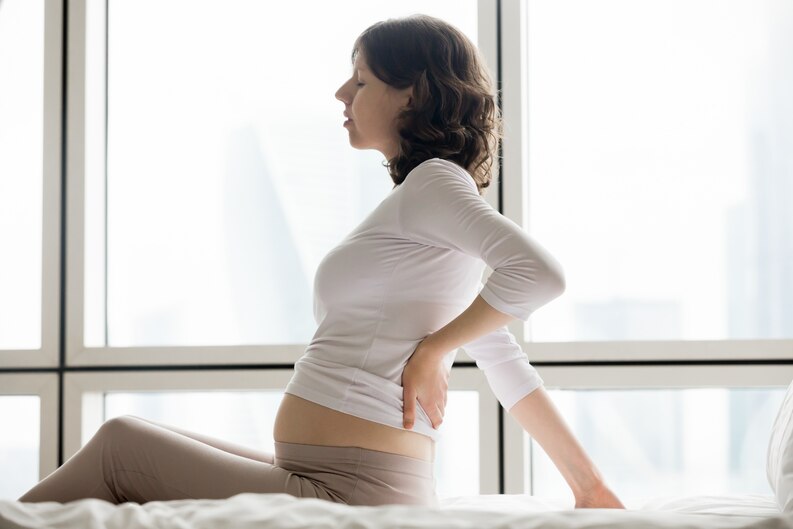Understanding Back Pain During Pregnancy
Pregnancy is a wonderful time to motherhood, but it still brings pleasant and physical burdens. Undoubtedly, the most common burden is back pain in pregnancy, which effects every one specially pregnant women. Whether it is early pregnancy back pain or backache in later stages of your pregnancy, it is important to understand why does it occur and how to ease it.
Why Does Back Pain Occur During Pregnancy?
Back pain in pregnancy can be caused by many means. Undoubtedly, various postural problems are to blame during pregnancy. The growing belly does its job – it puts extra load on the back by stretching the skin. Weak muscles due to sedentary lifestyle, unhealthy diet and BMI are other reasons of back pain in pregnant women.
Hormonal changes take a big part of blame as well. Some hormones are produced to ready the body for eventual birth, whereas the hormone relaxin is associated with loosening the ligaments and joints. Though the role of this hormone is significant, it makes our body less stable and can cause back discomfort in pregnancy.
Types of Back Pain in Pregnancy
1. Lower Back Pain:
This is involved in the early stages of pregnancy, leading from a dull ache to severe discomfort. It continues to worsen as your baby grows, leading to extreme pain during pregnancy.
2. Back Ache in Different Trimesters:
- Back Ache 4 Weeks Pregnant: Most women feel achy in their lower back around four weeks. Back pain is estimated to be expected during the first month of pregnancy.
- Back Ache 5 Weeks Pregnant and Back Ache 6 Weeks Pregnant: Early pregnancy lower back pain can be miserable if you have to wonder if this may be a premenstrual feeling, which is often overlooked as a sign of a period coming on, especially if you generally get in one day and have a negative pregnancy test.
- Second Trimester: If you experience back pain in this trimester, it will be constant due to your uterus expanding. During the third trimester, the pain increases as you gain more weight and pressure is exerted on your back.
3. Upper Back Pain:
It is less common in most women as you may experience back and chest pain during pregnancy, leading probably in the third trimester.
4. Backbone pain
It is a sharp piercing or burning irritation in your spine caused by posture changes, which shift your centre of gravity.
12 Effective Solutions and Tips for Back Pain During Pregnancy
Here are some tips that can help you get rid of back pain during pregnancy more effectively:
1. Maintain Good Posture
Stand up straight and use proper posture when sitting or standing. Do not slouch, as this puts more strain on your back. Use a lumbar cushion, where needed, for extra support.
2. Exercise Regularly
Regular exercise strengthens your back muscles and increases flexibility. Commit to activities like prenatal yoga, swimming, or walking that may help ease lower back pain during pregnancy and provide some discomfort relief.
3. Prenatal Massage and Physical Therapy
The massage helps ease muscle tension, whereas physical therapy may help you do exercises to support your posture.
4. Use a Heating Pad
Simply placing a heating pad on your back can decrease your back pain. Make sure the temperature is not too high, as you may overheat. This method provides temporary relief, especially for lower back pain.
5. Sleep Support
To reduce back pain, make sure you are sleeping in a good position. Use pillows between your knees and sleep on your side to keep your spine straight and reduce the pressure on your back.
6. Avoid Heavy Lifting
Avoid moving heavy items, as it may worsen your backbone ache. If you must lift something, use your knees, not your waist, and keep the item close to your body. Do not lean into the movement, as it will strain your back.
7. Wear a Maternity Support Belt
Consider using a maternity support belt as it helps to reduce back aches. It is also helpful because the baby starts to gain weight faster, and you may need more support.
8. Strengthening Exercises After Delivery
After delivery, exercise to strengthen the core muscles, such as yoga or pilates. Stronger abdominal and back muscles can considerably reduce back pain.
9. Practice Good Posture While Breastfeeding
Use ergonomics throughout your life. Pillows are important to help support the child during breastfeeding and prevent hunching over the back deck.
10. Take Breaks and Rest
Standing or sitting in the same place can cause side pain during pregnancy. This pain will go up the rib cage by four months of your pregnancy, which may also decrease the back and side pain. Make sure you also take breaks after regular intervals.
11. Avoid Wearing Heels
Avoid following fashion rules. High heels pressure your lower back, increasing imbalance and back pain.
12. Stretch Often
Stretching exercises can also relieve back pain. The best way to stretch is to try gentle exercise to reduce the tension and cramping in the lower back early in pregnancy. Doing “cat-cow” 2,3 times a week is safe. Just make sure not to overstretch yourself.
Common Concerns Related to Back Pain During Pregnancy
Can I Relax on My Back While Pregnant?
If you’re in the early stages of pregnancy, you can lie down on your back. However, it should be wholly avoided in the second and third trimesters. It can lead to lower back pain and is bad for the baby because it reduces the blood flow to them and increases pressure on the spine. Instead, sleep on your side, and it is advisable to do so on your left side.
Does Baby’s Position Cause Back Pain?
Yes, the baby’s position can be the leading reason for back pain during your pregnancy. Sometimes, the position of the fetus, especially late in the pregnancy, is poor and can exert additional pressure on the mother’s back, leading to a pain inconvenient sensation.
Extreme Back Pain During Pregnancy
It is by no means normal to feel any soreness, let alone pain feeling at the back o you during the early pregnancy. However, if there is a case of extreme or sudden back pain, you ought to reach your provider. Sometimes your back pain may be a result of a kidney infection associated with the flu, or maybe a sign of labor contractions. This can be a case of back-aching miscarriage, and you should seek urgent advice as soon as possible.
Back Pain and Miscarriage
Miscarriages are common during the early months of pregnancy. Although back pains are conditional, a burst of severe cramping and bleeding depicts a miscarriage. Miscarriage is not pre-owned to back pain as seen in recent years, and emergence is the case of backache miscarriage. You should seek medical advice if you are undergoing excruciating pain.
Back Pain After Delivery
Back pain doesn’t always wait until you have delivered to cease. Many women report a backache after delivery, and some experience extreme lower back pain. This may be due to weakened muscles, poor posture from breastfeeding, or the physical exertion of giving birth. To reduce back pain post-pregnancy, you can follow:
• Strengthening Exercises:
Concentrate on core exercises to strengthen your abdominal and back muscles. Yoga and Pilates can also help reduce back pain after pregnancy.
• Good Posture While Breastfeeding:
put a pillow behind your back; have your baby properly supported, and don’t hunch over your baby.
• Avoid Heavy Lifting:
just as during pregnancy, heavy lifting will worsen your backache. Remember to bend from your knees and keep the object near.

